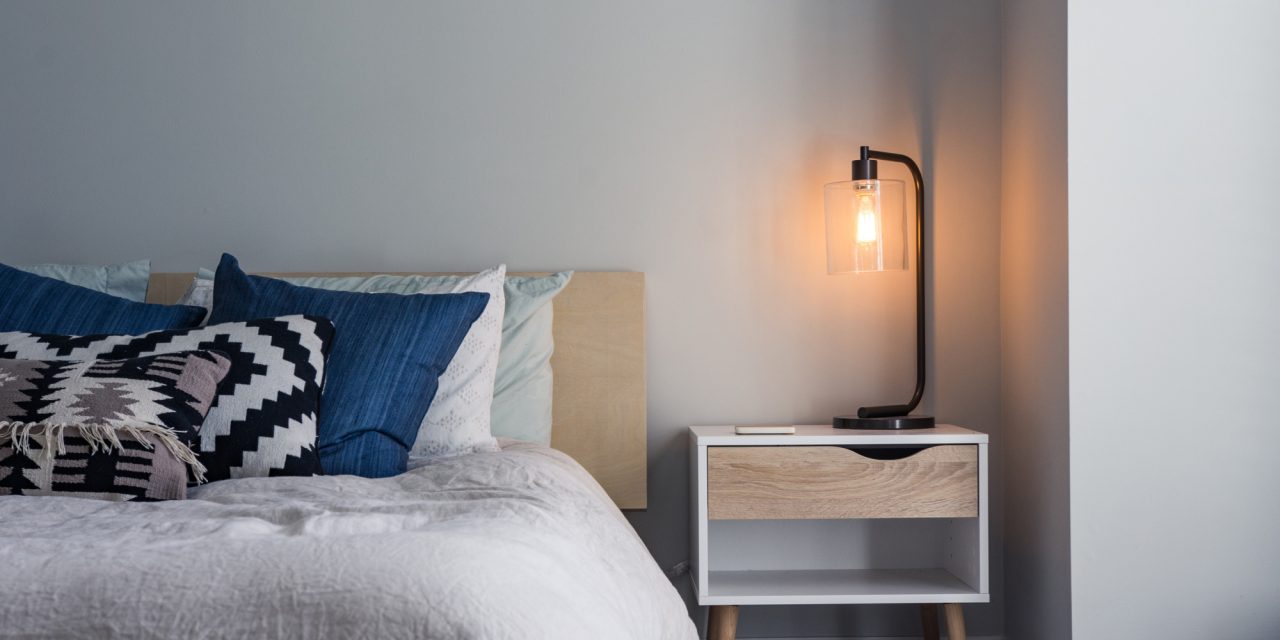Numerous diet products make rash promises that they’ll help you lose weight while you sleep. But could sleeping make you put on weight? Yes it could, say scientists from the National Institutes of Health – that is if you’re a woman and you sleep with a television or a light on in your bedroom.
Not getting enough sleep has been linked with weight gain, the researchers say, but up until now nobody had looked at whether or not exposure to artificial light at night while sleeping could be linked with weight gain too.
The study, published in JAMA Internal Medicine, analysed the habits of more than 43,000 women over five years. During that period, the women who slept with a light or television on in their bedroom were found to be 17 per cent more likely to have gained 5kg (11lb) or more weight compared with those who switched off their lights and TVs.
And while 17 per cent may not sound like very much in terms of a risk increase, it does suggest that exposure to artificial light at night may be having some kind of effect on some people. It may, for instance affect hormonal systems in the body that play a part in weight maintenance.
“Humans are genetically adapted to a natural environment consisting of sunlight during the day and darkness at night,” says Dr Chandra Jackson, the study’s co-author. “Exposure to artificial light at night may alter hormones and other biological processes in ways that raise the risk of health conditions like obesity.”
Eating too much and exercising too little may still be the most common factors in the development of obesity. But if you sleep with your TV and lights on, switching them off at night could be a really simple thing you could do to improve your health, the researchers say.
Photo by Christopher Jolly on Unsplash





